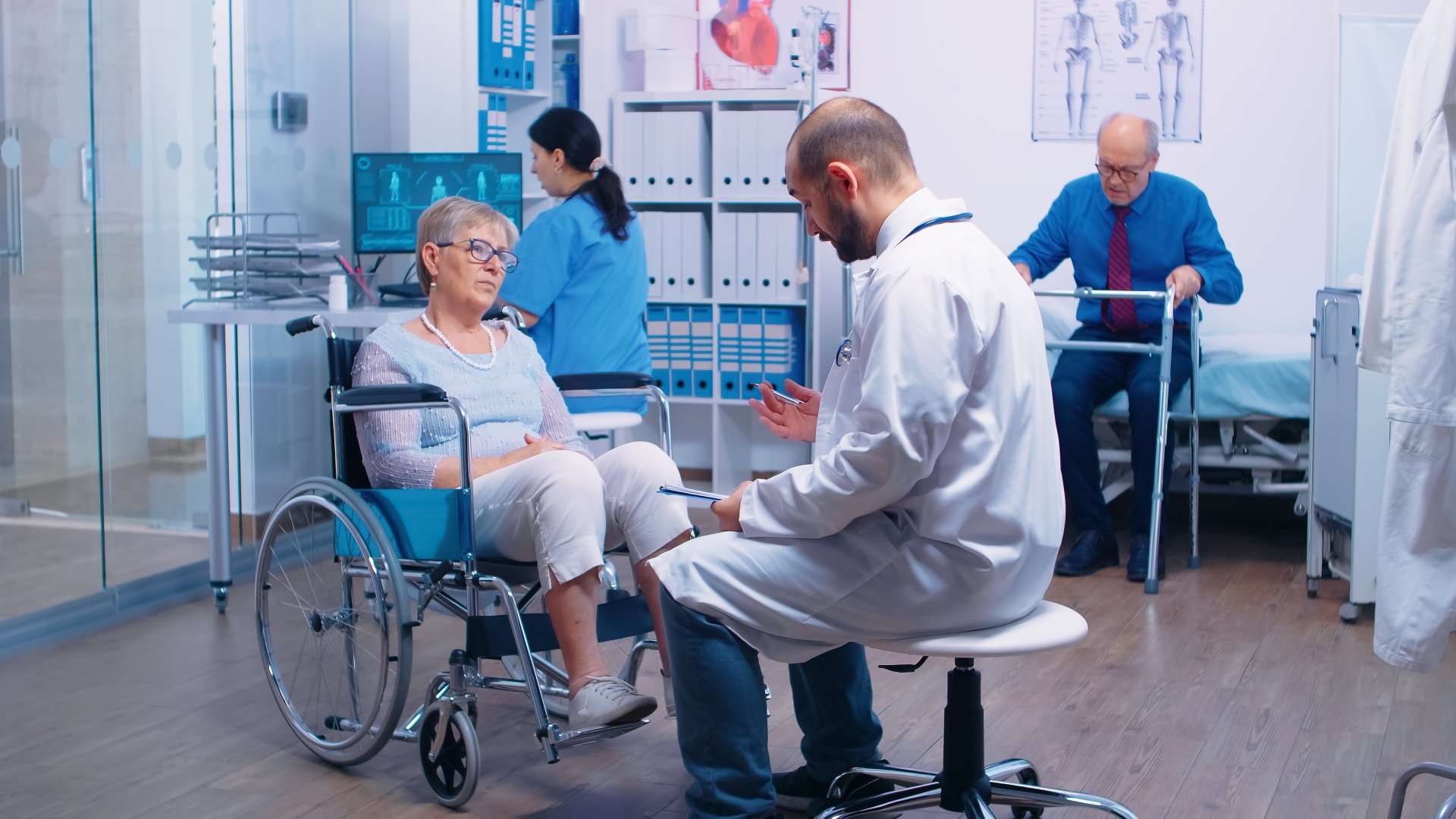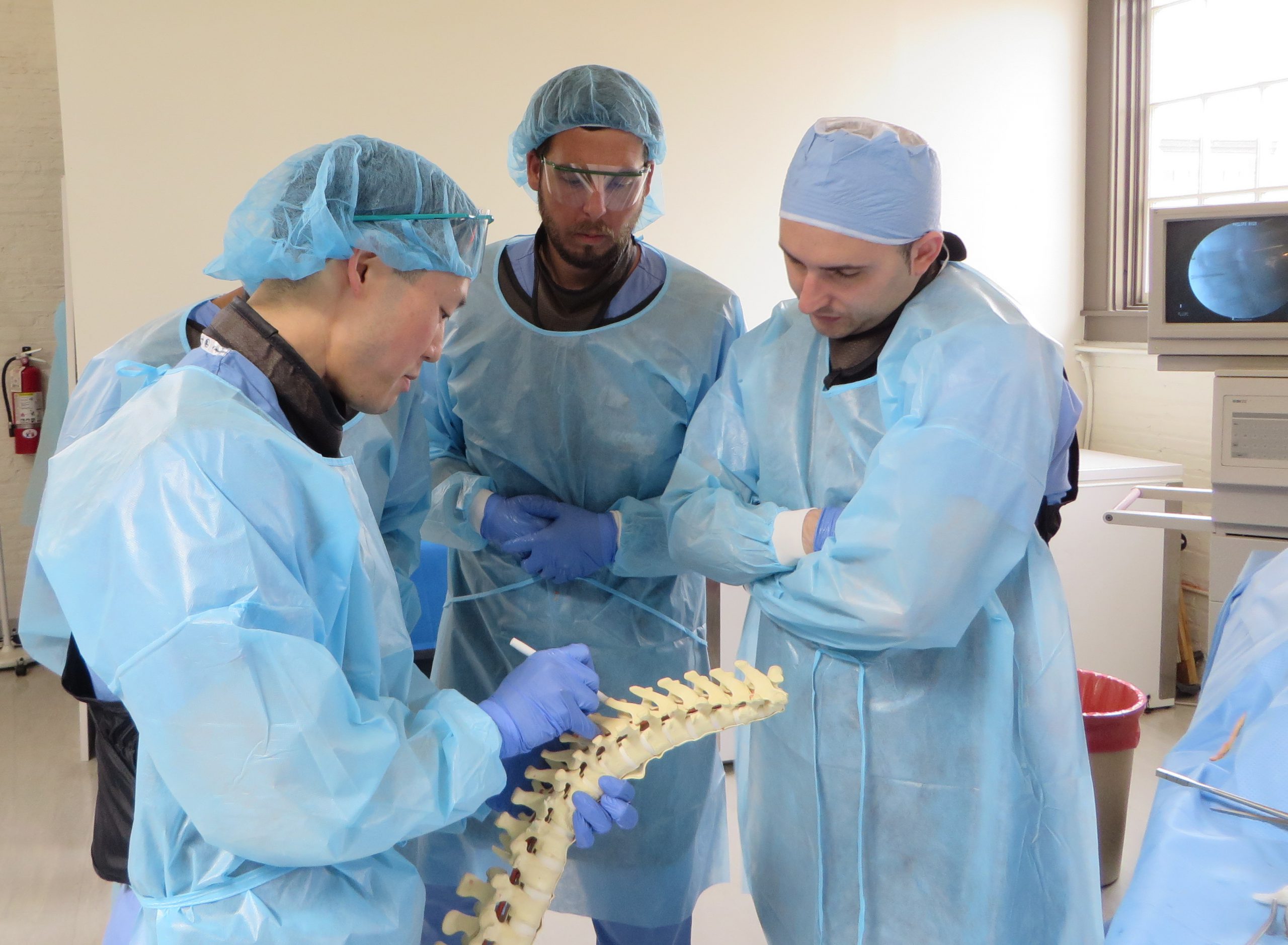1. Patients and family have the responsibility to:
Access to care: No patient shall be to be denied admission due to race, color, religion, financial class or national origin.
Respect and dignity: Respect and dignity to be provided for any spiritual, cultural or any special references and personal dignity also to be maintained in all settings of the care.
Privacy: Patient Privacy to be respected and maintained in all settings during all Procedures and Examination in the Healthcare Organizations.
Confidentiality: Confidentiality to be maintained of all the Healthcare information and Records to be maintained all the time during discussion and treatment.
Refusal of treatment and Second opinion: During the treatment patient and family to be provided with all the information and options regarding treatment to make an informed choice including the options for refusal. (In case of refusal of treatment consequences to be explained by doctor’s regarding concerned treatment of patient).
Right to information: Patient and family has the right to get information on following:
Safe Medication Use: Medication incident are those which actually caused harm or had the potential to cause harm involving an error in the process of prescribing, dispensing, preparing, administering, monitoring or providing advice for medication advice. Large number of deaths and emergencies can be prevented if patients, family members and hospital staffs are aware of possible medication errors and preventive measures.
A medication incident is mistake with medication or a problem that could cause a mistake with medication, incidents may involve use of prescription and non-prescription medications, natural health products, and devices or equipment used to administer medications and medication error can occur when medications are prescribed, dispensed, or taken The most frequently reported types of medication incidents involve:


2. Rights and Responsibilities:
As a patient you are entitled to the following:
Respectful Care: Receive necessary care regardless of race, gender, origin, language, age, disability or source of payment.
3. INSTRUCTIONS TO PATIENTS AND VISITORS
The management of L. S. Neuro and General Hospital wishes you a comfortable stay in the hospital and a speedy recovery. Kindly follow the rules and help us in providing efficient services.
The hospital premises.
All patients, their attenders, Medical Representatives, Suppliers and Visitors including baggage will be checked by security guard for security reason.
Tobacco: All Tobacco products are strictly prohibited (Smoking, Chewing, Pan / Pan Masala) in the hospital premises.
Services: Services of Medical, Nursing, Housekeeping and Maintenance staffs are available round the clock. In the case of any difficulty contact your Nursing Station/ Doctor on duty/AMS.
Food and Beverage: Food or beverages are allowed in the hospital premises (in the case food cooked by respected concerned patient family or by canteen attendant) and patient will be served therapeutic diet as per doctors’ advice in their respective room. Beverage like tea, juice can be allowed and strictly prohibited alcohol beverage.
Visiting Hours: Visiting Hours should be strictly adhered to all patient coming to the hospital, have very low resistance to fight infection.
Visitors can be source of infection to them during Corvid pandemic; to avoid inconvenience to the patient, one visitor at a time will be allowed in the wards between 11:00 am to 12:00 pm Summer/Winter daily. In ICU, Morning visiting hours will be from 11:00 am–12:00 pm and Evening from 4:00 – 5:00 pm.
Attendants: Only one attendant is allowed with all categories of patients for the reason given above. Extra attendant is allowed in the case of sick/critical patients on the discretion on NS/MS.
OT/ICU Transfer: The attendants have to vacate the room whenever the patient is shifted to any critical care area or for a surgery/procedures. However attendants have a choice of retaining the room (subjected to availability) while patient is in intensive / critical care area. Additional charges for the retained room shall be applicable on daily basis.
Admission Advance: Admission advance must be paid at the time of admission to cover the expenses for surgery/treatment. Personal cheques are not accepted/entertained.
Leave Permission: Leave permission for admitted panel patients. Leave permission to be availed from concerned office. Management is not responsible and shall not allow them leave during admission period except under special circumstances.
Settlement of Bills: Settlement of bills must be done on presentation/receiving of the bills. Pending payments as per the due slip should be cleared immediately. Please get receipt for all payments made during settlement.
Discharge: After paying all bills pending/settlement, patient can be discharge between 10:00 mornings to 12:00 pm noon.
Patient’s Belongings: The management will not in any way whatsoever, be responsible for any loss or damage to the patient’s belongings or any other property from either the hospital room locker or any other part of the hospital, including theft or pilferage.
Air Conditioning: Please ensure that all the windows / doors are closed for effective Air- conditioning.
Change of room: The Management shall have the right to change the room allotted to the patient at any time, without assigning any reason thereof and without any previous notice or to shift the patients to any other suitable accommodation.
Washing of Clothes: Washing of clothes is strictly prohibited inside the hospital. Out station patients can give their clothes to the dhobi/laundry/home for washing clothes.
Feed Back: For evaluation of Hospital services, you are requested to fill up the patient’s feedback form provided to you. Your suggestion will help us to serve you better.
Violence: Violence against medical, paramedical, other hospital staff and damage to hospital property are punishable offences.


4. Help us serve you better.
Be considerate of the hospital’s personnel and property and observe facility policies and procedures, including those related to smoking, noise, and number of visitors with in hospital.